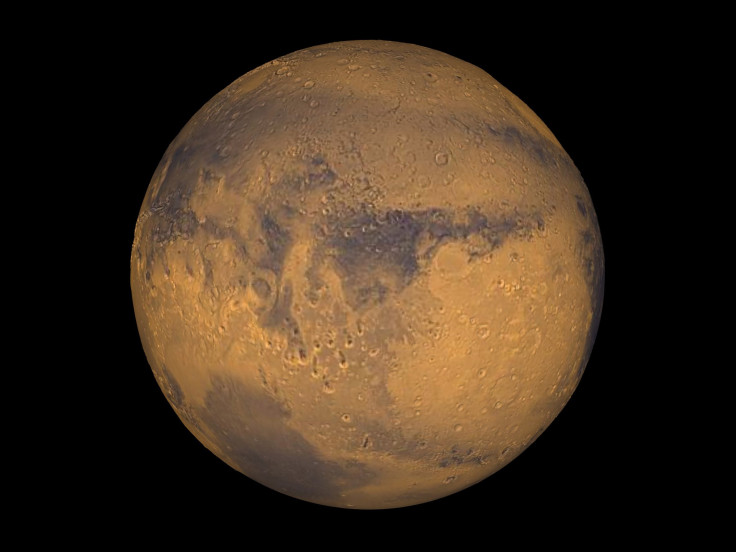Here’s How To Become NASA’s Virtual Guest For Mars 2020 Launch

KEY POINTS
- NASA organized a virtual social event for the Mars 2020 launch
- COVID-19 prevented NASA from inviting the public to watch the launch
- Live streaming events will broadcast the mission's upcoming launch
In preparation for the Mars 2020 Perseverance rover mission, NASA has organized a virtual social event for those who would like to watch the launch. According to the agency, it created a virtual event because it cannot invite people to watch the launch live due to the COVID-19 pandemic.
On July 30, NASA will embark on a historic mission by sending a new rover to Mars. The mission, dubbed as Mars 2020, will take off from the Cape Canaveral Air Force Station through the ATLAS V-541 rocket.
Usually, NASA’s launch events are open to the public. However, due to the ongoing health crisis caused by the coronavirus outbreak, NASA decided not to invite the public to watch the event live. Instead, the agency organized a virtual event for the mission.
As noted by the agency, those who would like to become NASA’s virtual guest for the Mars 2020 launch may do so by registering for the event through this link.
Those who will register as virtual guests will receive various updates related to the launch of the mission. These include reminders for the live broadcasts of the launch, interaction opportunities with NASA personnel and other details about Mars 2020.
Aside from signing up as a virtual guest, space enthusiasts can also join NASA’s social event, which will be held through the agency’s public Facebook group. Through the group, participants will be able to interact with fellow space enthusiasts and experts from NASA.
Mars 2020’s upcoming launch will be broadcasted live by NASA through its various channels. Those who would like to watch the launch of the mission may do so through NASA TV, NASA Live, the agency’s YouTube channel and NASA’s Ustream account. The broadcast will begin at 7:50 a.m. EDT on Thursday.
The mission is expected to reach Mars on Feb. 18, 2021. Upon reaching the Red Planet, the Perseverance rover will explore targeted regions in Jezero crater. These sites were specifically selected because reports indicated that the area might have once held liquid water. The presence of water on Mars could, in turn, become evidence of the possible formation of life on the Red Planet.
© Copyright IBTimes 2025. All rights reserved.




















